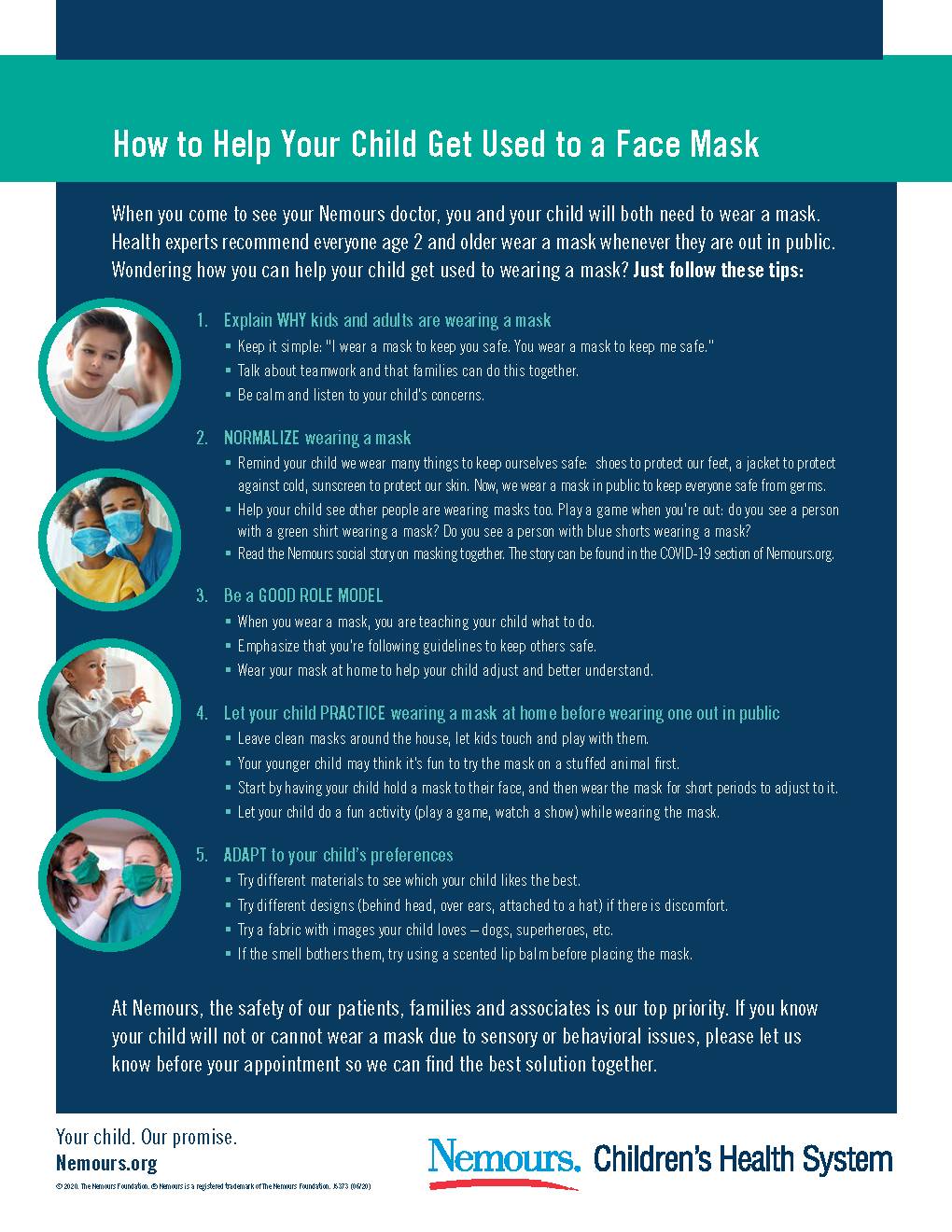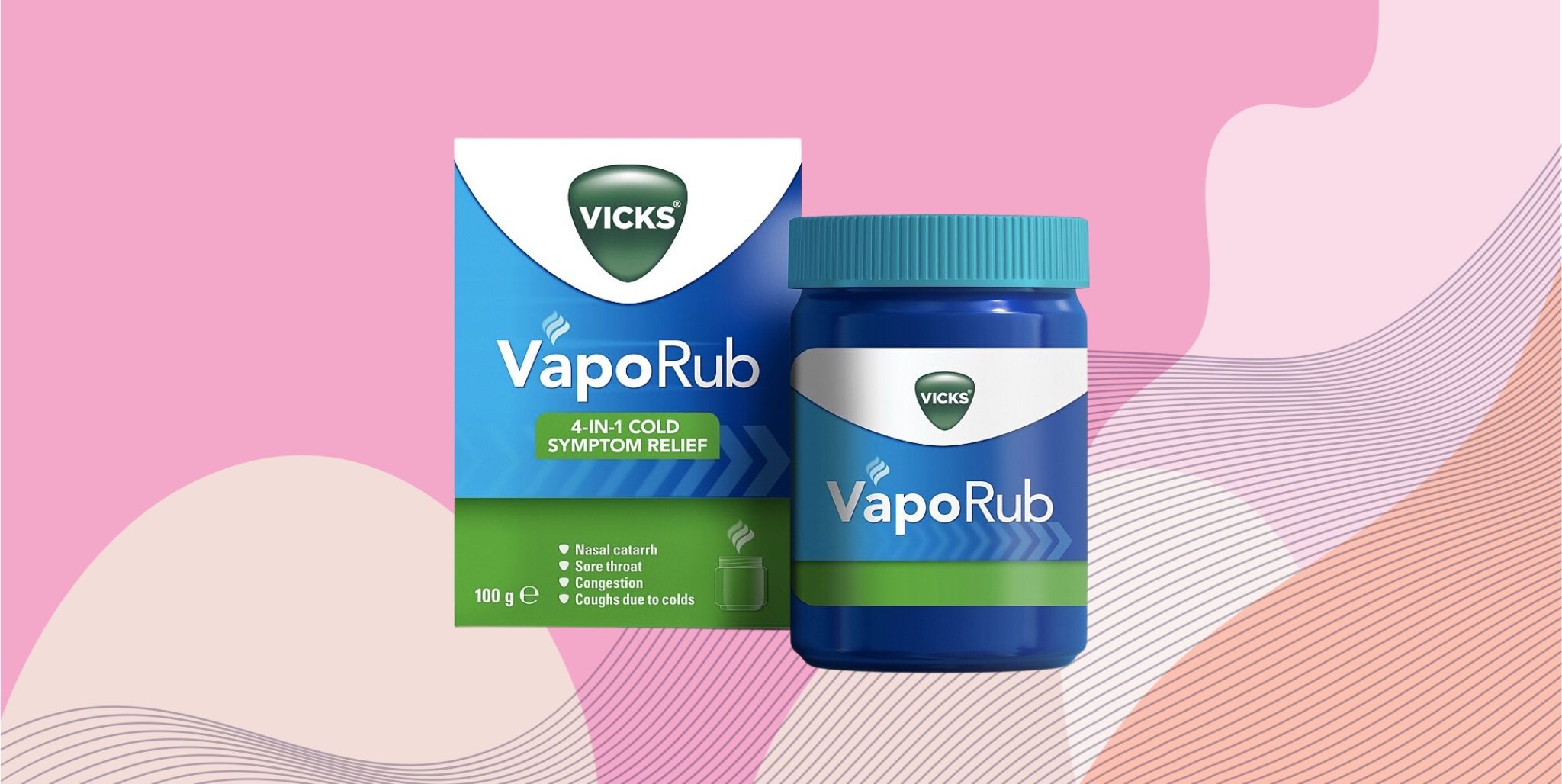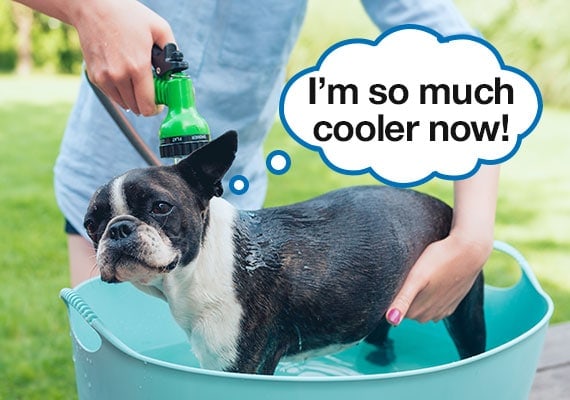To treat your dog’s cold at home, use a humidifier to help loosen up a stuffy nose, clean your dog’s environment, ensure plenty of rest, keep away from other dogs, and provide plenty of fluids and food for your pup. Is your furry friend feeling under the weather?
Just like humans, dogs can also catch a cold or flu. If your dog has a cold, there are things you can do at home to help them feel better. In this guide, we will explore some simple remedies and precautions for treating your dog’s cold at home.
By following these tips, you can help your dog recover and get back to their happy self in no time. So, let’s dive in and learn how to take care of your sick pup!
:strip_icc()/things-dogs-cant-stand-1117467-hero-74f7909190994394952fe71cc736fff5.jpg)
Credit: www.thesprucepets.com
Understanding Dog Colds
If your dog has a cold, there are a few things you can do to help them feel better. Use a humidifier to provide warm, steamy air to loosen up a stuffy nose. Keep your dog’s environment clean and ensure they get plenty of rest.
Avoid contact with other dogs and make sure to keep them well-hydrated.
Can Dogs Get Colds?
Just like humans, dogs can also catch colds. While it may not be exactly the same as the common cold that affects people, dogs can experience respiratory infections that cause symptoms similar to a cold. If you notice your furry companion exhibiting signs such as sneezing, coughing, runny nose, or congestion, they may be dealing with a dog cold. It’s important to understand the differences between a cold and other respiratory issues like kennel cough to determine the best course of action.Differentiating Cold From Kennel Cough
It is crucial to differentiate between a cold and kennel cough, as the treatment approaches for these conditions may vary. The key difference lies in the severity of the symptoms and the environment in which the dog may have been exposed to the infection. Kennel cough is highly contagious and often occurs when dogs are in close proximity to one another, such as in kennels or dog parks. On the other hand, dog colds are usually less severe and can be caused by various viruses or bacteria. If your dog has been recently exposed to other dogs and is exhibiting a persistent, dry, hacking cough, it’s more likely to be kennel cough. However, if the symptoms are milder and resemble those of a common cold, your furry friend may be dealing with a dog cold.Causes And Symptoms Of Dog Colds
Dog colds can be caused by various factors, including viral or bacterial infections, changes in weather, or a weakened immune system. You may notice your dog sneezing frequently, having a runny nose, experiencing nasal congestion, or even showing a decrease in appetite or energy levels. Keep in mind that while a dog cold may resolve on its own within a week or two, severe or prolonged symptoms may require veterinary attention to rule out any underlying health issues or complications. It’s important to note that while exploring options for easing your dog’s discomfort during a cold, it’s vital to consult with your veterinarian first to ensure their safety and well-being. Additionally, providing a clean and comfortable environment, promoting hydration, and allowing ample rest can also help with your dog’s recovery.
Credit: twitter.com
Treating Dog Colds At Home
To treat your dog’s cold at home, you can use a humidifier to loosen up a stuffy nose, keep their environment clean, ensure they get plenty of rest, and provide them with fluids to stay hydrated. Avoid exposing them to other dogs and offer warm, easily smelly food.
Remember to consult with your vet before giving them any human medication.
Providing Warm And Nutritious Food
When your furry friend has a cold, providing warm and nutritious food can help ease their discomfort and boost their immune system. Serve them warm meals that are easy to eat, as their congested nose might affect their appetite. Try soups or stews made with lean proteins and vegetables, which can provide the essential nutrients they need to recover. Avoid spicy or greasy foods, as they may upset their stomach. Remember, always consult your vet before making any changes to your dog’s diet.
Using A Humidifier For Nasal Congestion
A humidifier can be a game-changer when it comes to relieving nasal congestion in dogs. Just like humans, dogs can benefit from warm, steamy air that helps loosen mucus and soothe their airways. Place a humidifier in the room where your dog spends most of their time, ensuring that it is out of their reach. Be sure to clean and maintain the humidifier regularly to prevent the growth of bacteria or mold. Monitoring your dog’s overall comfort and consulting with your vet are essential when using a humidifier to treat their cold symptoms.
Ensuring Proper Hydration
Proper hydration is crucial when your dog has a cold, as it helps keep their throat moist and aids in relieving coughing. Provide fresh, clean water in easily accessible bowls throughout your home, ensuring your dog has constant access to it. You can also add a bit of low-sodium chicken broth or warm water to make it more enticing for them to drink. However, avoid offering them cold water, as it may worsen their congestion. If your dog shows signs of severe dehydration, such as sunken eyes or lethargy, seek immediate veterinary attention.
Allowing Rest And Comfort
One of the best remedies for a dog with a cold is ample rest and comfort. Just like humans, dogs need time to recuperate and allow their bodies to fight off the infection. Create a cozy spot for your furry friend by providing a soft and warm bed in a quiet area of your home. Keep them away from cold drafts and excessive noise that may add stress to their already weakened immune system. Allow them to rest without interruption and provide them with extra love and attention. Remember, a relaxed and comfortable dog will have a better chance of recovering quickly from their cold.
Medical Options For Dog Colds
If your furry friend is experiencing a cold, you may be wondering what medical options are available to help alleviate their symptoms. While home remedies and essential oils can offer some relief, there are also medical options that can be considered. In this article, we will explore the medical options for dog colds, including human medications for dogs, natural remedies and essential oils, and when to consult a veterinarian.
Human Medications For Dogs
In some cases, human medications can be used to treat dog colds. However, it is essential to remember that not all human medications are safe for dogs. Always consult with your veterinarian before administering any medications to your furry companion. Some common human medications that may be recommended for dogs with colds include:
- Nasal Decongestants: Certain nasal decongestants approved by veterinarians can help provide relief to dogs with stuffy noses.
- Cough Suppressants: If your dog has a persistent cough, your veterinarian may prescribe a cough suppressant to help alleviate their symptoms.
- Antihistamines: Antihistamines can sometimes be prescribed to dogs with colds, especially if they are experiencing sneezing or watery eyes.
Natural Remedies And Essential Oils
In addition to medical options, natural remedies and essential oils can also be beneficial in treating dog colds. These options can help relieve symptoms and support your dog’s immune system. However, it is crucial to use them cautiously and consult your veterinarian before trying any natural remedies or essential oils. Here are some natural remedies and essential oils that are commonly used for dog colds:
- Echinacea: Echinacea is a herb that can help boost the immune system and fight off infections in dogs.
- Honey: Honey can soothe a raw throat and provide relief from coughing for dogs with colds.
- Eucalyptus Oil: Diluted eucalyptus oil can be used topically or diffused to help relieve congestion in dogs.
When To Consult A Veterinarian
While many dog colds can be treated at home with natural remedies, there are instances when it is essential to consult a veterinarian. If your dog’s symptoms worsen or persist for more than a few days, it is recommended to seek veterinary advice. Additionally, if your dog is exhibiting severe symptoms such as difficulty breathing, loss of appetite, or lethargy, prompt veterinary attention is crucial. Remember, your veterinarian is the best person to guide you on the appropriate treatment for your dog’s cold.
When it comes to treating your dog’s cold, it is essential to prioritize their health and well-being. By considering the medical options, natural remedies, and when to consult a veterinarian, you can help ensure your furry friend gets the care they need to recover from their cold as quickly and comfortably as possible.

Credit: www.womenshealthmag.com
Frequently Asked Questions On My Dog Has A Cold What Can I Give Him
How Can I Treat My Dogs Cold At Home?
To treat your dog’s cold at home, use a humidifier to loosen up their stuffy nose. Keep their environment clean and ensure they get plenty of rest. Avoid contact with other dogs and make sure to keep your dog well hydrated.
Additionally, provide warm, nutritious meals to support their immune system.
What Human Medicine Can I Give My Dog For A Cold?
You should not give your dog any human medicine for a cold without consulting your vet. Guaifenesin, found in some human medications, may help with wet coughs, but always follow your vet’s recommendation. Provide warm food, use a humidifier, keep your dog hydrated, and allow plenty of rest.
What Can You Give A Dog For The Cold?
To help a dog with a cold, give them warm food, use a humidifier to ease congestion, and keep them well hydrated. Make sure they get plenty of rest and wash their toys and blankets to prevent further spread of germs.
Avoid walking them in the cold and keep them away from other dogs.
How Can I Treat My Sick Dog At Home?
To treat your sick dog at home: 1. Use a humidifier to help with a stuffy nose. 2. Keep your dog’s environment clean. 3. Ensure they get plenty of rest. 4. Limit contact with other dogs. 5. Provide your dog with lots of fluids and a well-balanced diet.
Conclusion
To help your dog recover from a cold, there are several things you can do at home. Use a humidifier to provide warm, steamy air and loosen up a stuffy nose. Keep your dog’s environment clean and make sure they get plenty of rest.
Avoid contact with other dogs to prevent spreading the cold. Remember to keep your furry friend well-hydrated and offer them warm and easily digestible food. As always, consult with your vet for specific guidance and recommendations. By taking these simple steps, you can help your dog feel better and back to their playful self in no time.



